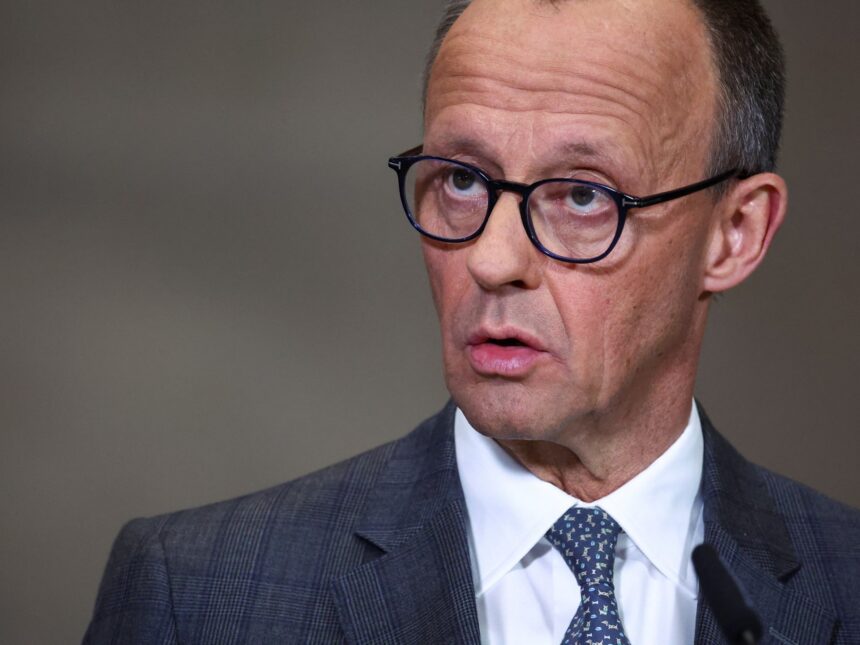Germany’s parliament has given the green light to extensive spending plans, breaking away from years of fiscal caution in order to boost economic growth and increase military expenditures for a new era of European collective defense.
The Bundestag’s approval of these plans on Tuesday will provide the chancellor-in-waiting with a substantial amount of money to increase investments following two years of economic decline in Europe’s largest economy.
Germany and other European countries have been under pressure to strengthen their defenses in response to a hostile Russia and changes in US policy under President Donald Trump, which have raised concerns about the continent’s vulnerability.
The conservatives and the Social Democratic Party (SPD), who are currently in discussions to form a centrist coalition after last month’s election, aim to establish a 500 billion euro ($546bn) fund for infrastructure and to relax constitutionally mandated borrowing restrictions to allow higher spending on security.
“We have been under a false sense of security for at least a decade,” stated Merz, addressing lawmakers before the vote.
“The decision we are making today regarding defense readiness… must be seen as the first significant step towards a new European defense community,” he added.
Although the legislation still needs to be approved by the Bundesrat, which represents the governments of Germany’s 16 federal states, the main obstacle to its passage appears to have been removed on Monday when the Bavarian Free Voters agreed to support the plans.
The conservatives and SPD wanted to push the legislation through the outgoing parliament to avoid potential obstacles from an increased presence of far-right and far-left lawmakers in the next Bundestag, set to convene on March 25.
Merz defended the accelerated timeline by pointing to the rapidly changing geopolitical landscape.
Today, Europe is facing “an aggressive Russia” and “an unpredictable United States of America,” said Merz.
“I want to make it clear: I support efforts to maintain transatlantic cooperation,” he emphasized. “I believe it is essential, but we need to focus on our own efforts in Europe.
“We need to bolster our capabilities. We need to ensure our own security. That is our duty. Germany must take a leading role in this, and I believe we should be ready to embrace this leadership role.”










